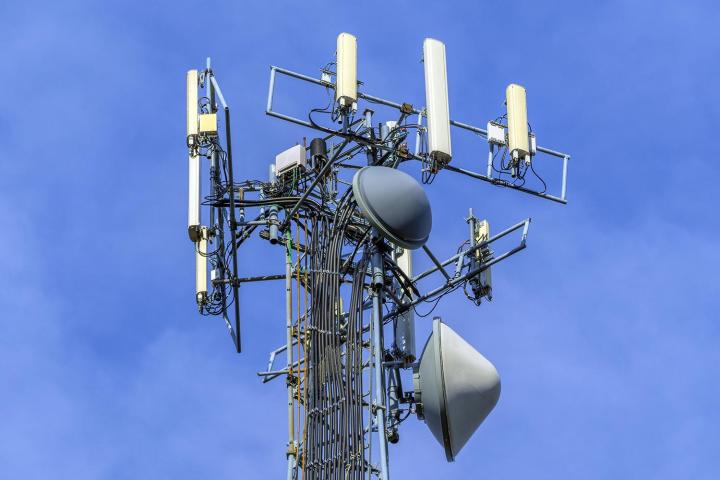
That’s thanks to an increasing number of mobile phone users, high-speed networks, internet of things products, and mobile video. According to Cisco, global mobile data traffic is expected to reach 587 exabytes annually by 2021 — up from 87 exabytes in 2016, and about 122 times more than all global mobile traffic generated in 2011. It’s equivalent to 131 trillion images, or roughly 13 trillion YouTube clips.
The Middle East and Africa are expected to see substantial growth. Cisco projects 12-fold growth in mobile data traffic, while the Asia-Pacific region will see seven-fold growth. Latin America, Western Europe, Central Europe, and Eastern Europe are forecast to have six-fold growth, and North America will have five-fold growth.
Cisco predicts that mobile data traffic will grow to represent 20 percent of the world’s internet traffic in 2021, largely as a result of steady device sales. There will be an estimated 12 billion mobile devices in use compared to 8 billion last year, the firm says, and smartphones will make up for more than 50 percent of global device traffic and connections. India’s expected to contribute significantly — it’ll exhibit double-digit growth over the next two years.
That’s a reversal of a recent trend. According to market researchers at Gartner, smartphone sales growth fell under 10 percent as a result of shipment slowdowns in China and North America. Worldwide sales amounted to 7 percent, or about 1.5 billion units.
Mobile-based live video is expected to represent an outsize portion of that data — live-streaming apps will use as much as 2.02 exabytes (2.2 billion gigabytes) by 2021 up from 52 petabytes (52 billion gigabytes) of data in 2016. But interestingly, despite concerted efforts in live video by networks like Facebook, Twitter, Twitch, and YouTube, it’ll only represent a tiny slice of overall mobile traffic — around 5 percent.
In 2021, Cisco predicts that 78 percent of all mobile traffic will be video transmissions in 2021. In 2016, that number was 60 percent.
And traffic’s expected to be delivered at faster rates than ever before. As much as 56 percent of all mobile devices will use 4G or faster mobile data connectivity by 2021, compared to 26 percent in 2016. And 5G will account for 1.5 percent of total mobile data traffic by 2021, and generate 4.7 times more traffic than the average 4G connection.

